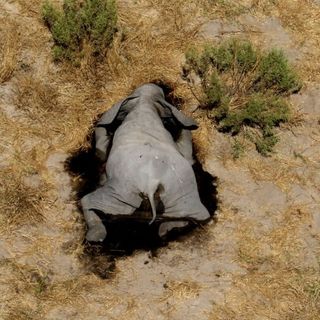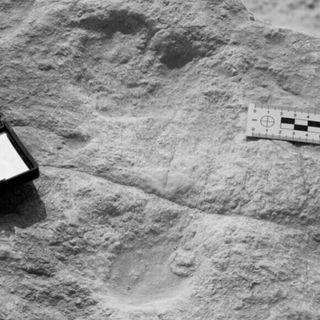Thailand has devised a new and offbeat way to deal with tourists and campers who litter and then leave their trash behind: mailing it back to them.
Opened in 1962, the Khao Yai National Park, stretching over more than 2,000 square kilometres, is the oldest national park in Thailand. Its grasslands and waterfalls, housing diverse varieties and flora and fauna, including bears, gibbons and elephants, have also made it extremely popular among tourists. Unfortunately, the latter has led to a growing garbage problem, endangering animals that could consume the trash left behind by tourists, if they chance upon it while foraging for food. “It can be dangerous for animals like deer if they eat the rubbish, trying to digest plastic waste that people leave behind,” Narin Pinsakul, chief of the park, lamented.
Reportedly, as per Thailand’s National Park Act, the punishment for littering can start range from fines to jail terms — however, it appears that that has been unsuccessful in deterring the litterbugs. So, Varawut Silpa-archa, the Minister of Natural Resources and Environment in Thailand, has come up with this unique measure. “I will pick up every single piece of your trash, pack them well in a box and mail it to your home as a souvenir,” he swore.
Related on The Swaddle:
Microplastic Pollution Is Damaging Soil Species That Ensure Its Fertility: Study
At present, the officials said that they have already begun mailing boxes of trash to campers, with a note stating: “You have forgotten some of your belongings at the Khao Yai National Park. Please let us return these to you.” In addition, local news reports from Thailand suggest that the authorities are also filing reports against the litterbugs at local police stations, for violation of the country’s statute against littering.
After being closed for a few months due to the coronavirus pandemic, the park reopened with limited capacity, and new social distancing protocols, in early July. However, park authorities noted that the sharp decline in tourists during the pandemic actually helped restore the overall health of the animals. “Thailand’s national parks and wildlife have had time to recover from damaging results of tourism such as littering over the past six months and this gesture has the best of intentions to ensure we all do our part to help our country remain clean, safe and beautiful,” Charinya Kiatlapnachai, director of the tourism authority of Thailand, said in an email to The Washington Post.
Individuals visiting the park have to register with their addresses, which makes it easier for rangers to track down offending campers, when they are found to have left rubbish behind. “You may take only two things from our parks. Those are memories and photos. Leave only footprints behind,” Varawut said.




